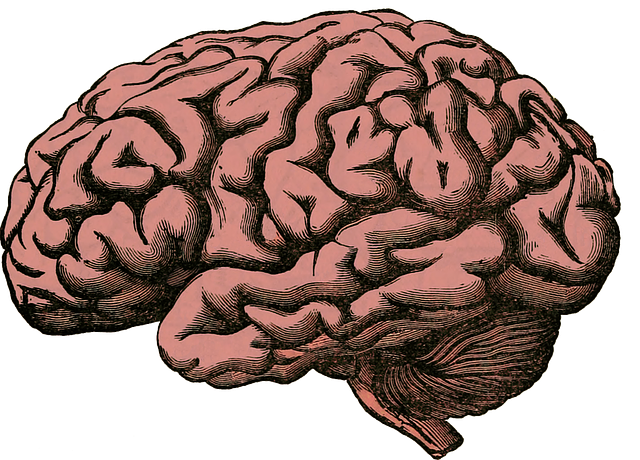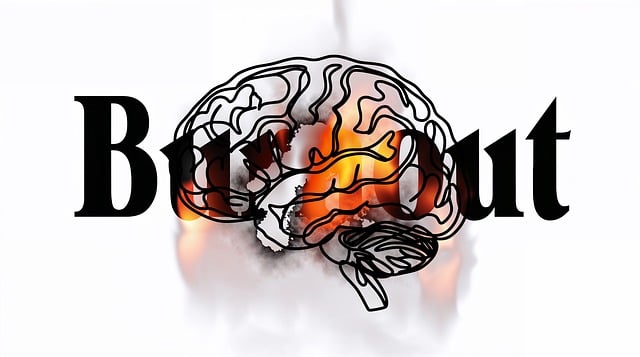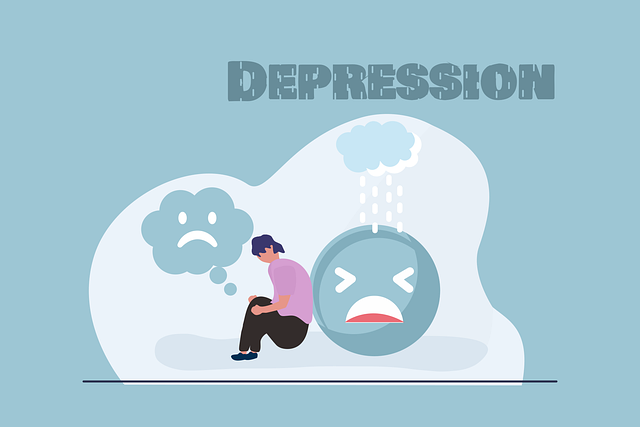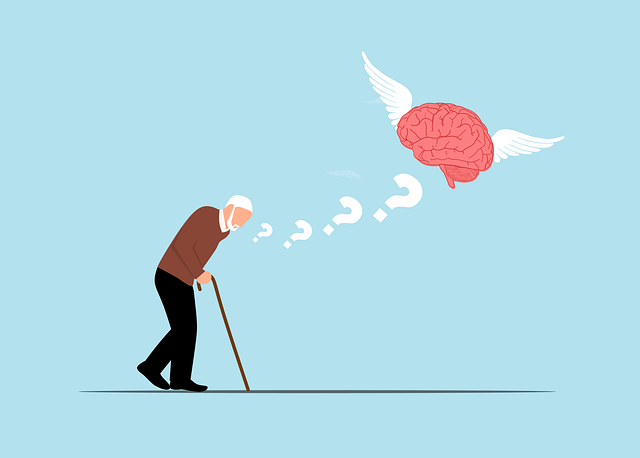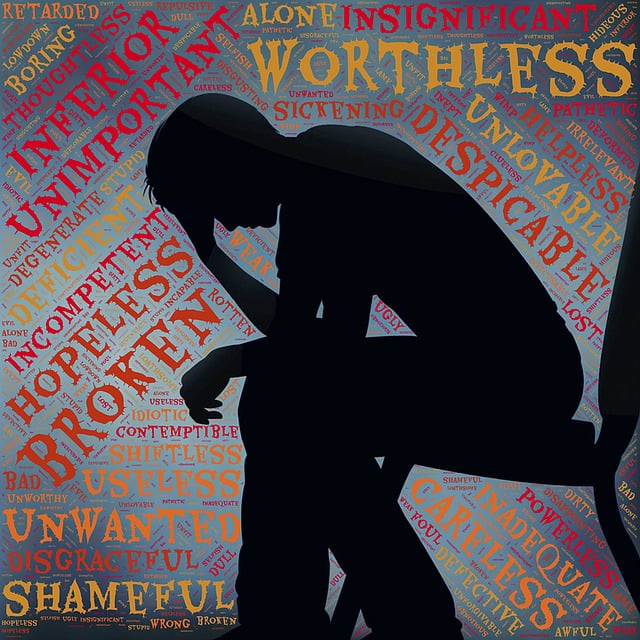Louisville Conduct Disorder Therapy (LCDT) offers culturally sensitive mental healthcare, addressing conduct disorders in children and adolescents from diverse backgrounds. By delving into unique cultural Mind Over Matter Principles and implementing Empathy Building Strategies, LCDT fosters strong therapeutic alliances and enhances resilience. Overcoming challenges like language barriers and Western-centric therapy, the program incorporates tailored methods, self-esteem improvement, and positive thinking aligned with cultural values, ensuring effective treatment for all Louisville residents.
Cultural sensitivity is a cornerstone of effective mental healthcare, especially in diverse societies. This article explores the intricacies of cultural sensitivity in practice, drawing insights from real-world examples like Louisville Conduct Disorder Therapy. We delve into recognizing and understanding diverse cultural beliefs and practices to overcome barriers to cultural competency. Furthermore, practical strategies are presented to enhance cultural sensitivity, ensuring all patients receive care tailored to their unique backgrounds, including those with conduct disorders.
- Understanding Cultural Sensitivity in Mental Healthcare
- Louisville Conduct Disorder Therapy: A Case Study
- Recognizing Diverse Cultural Beliefs and Practices
- Barriers to Cultural Competency in Therapy
- Strategies for Enhancing Cultural Sensitivity in Practice
Understanding Cultural Sensitivity in Mental Healthcare

Cultural sensitivity in mental healthcare is a vital aspect that ensures Louisville Conduct Disorder Therapy is effective and accessible to all individuals, regardless of their background. It involves understanding and respecting diverse cultural beliefs, values, and practices related to mental health and well-being. In Louisville, where a rich tapestry of cultures coexist, mental healthcare professionals must be adept at navigating these differences to provide tailored support. This requires a deep dive into the unique Mind Over Matter Principles that guide each culture’s approach to coping with challenges like conduct disorders.
Empathy Building Strategies are instrumental in fostering strong therapeutic alliances. By recognizing and appreciating cultural nuances, therapists can create safe spaces where clients feel heard and understood. This, in turn, enhances the confidence of individuals seeking help, encouraging them to openly discuss their struggles and embrace strategies for personal growth. Through these sensitive practices, Louisville Conduct Disorder Therapy can become a transformative journey that respects and leverages cultural diversity, ultimately boosting clients’ resilience and self-belief.
Louisville Conduct Disorder Therapy: A Case Study

In Louisville, a city known for its rich cultural diversity, there’s a growing awareness of the importance of culturally sensitive mental healthcare practices. The Louisville Conduct Disorder Therapy (LCDT) program stands as an excellent case study in this regard. LCDT is designed to address conduct disorders in children and adolescents from various ethnic and cultural backgrounds. The program recognizes that traditional therapy approaches might not resonate with all cultures, so it incorporates methods tailored to specific communities, emphasizing the role of family dynamics, community support, and cultural beliefs in treatment.
Through its comprehensive approach, LCDT focuses not only on managing symptoms but also on building resilience and preventing burnout among both patients and their families. This holistic strategy includes stress management techniques adapted to diverse cultural contexts, ensuring that care is accessible and effective for all. By prioritizing cultural sensitivity, the program aims to foster meaningful connections between therapists and clients, leading to more positive outcomes in mental healthcare.
Recognizing Diverse Cultural Beliefs and Practices

Barriers to Cultural Competency in Therapy

In Louisville Conduct Disorder Therapy, one of the significant challenges in fostering cultural sensitivity is the lack of awareness and education among therapists regarding diverse cultural beliefs and practices. Many therapeutic approaches are rooted in Western ideals, often neglecting the intricate interplay of culture and mental health. This gap in understanding can create barriers when treating clients from different ethnic, racial, or socioeconomic backgrounds, as their experiences and expressions of distress may significantly vary. For instance, what constitutes emotional healing processes differs across cultures, with some emphasizing community support over individual therapy.
Additionally, language differences pose a substantial obstacle in mental wellness podcast series production, where therapists might struggle to communicate effectively with non-native speakers. This communication gap can impact the therapist-client relationship and potentially lead to misdiagnosis or misinterpretation of symptoms. Encouraging self-care routine development for better mental health within diverse populations requires cultural adaptability, ensuring that therapeutic interventions are inclusive and respectful of unique cultural contexts.
Strategies for Enhancing Cultural Sensitivity in Practice

In the pursuit of providing effective Louisville Conduct Disorder Therapy, enhancing cultural sensitivity is paramount. This involves deeply understanding and appreciating the diverse cultural backgrounds, beliefs, and values of individuals seeking mental healthcare. One strategic approach is mental wellness podcast series production that focuses on sharing stories and insights from various cultural perspectives, fostering empathy and broadening the understanding of different therapeutic approaches. By doing so, therapists can create a more inclusive environment where clients feel seen, heard, and respected.
Additionally, incorporating techniques to promote self-esteem improvement and positive thinking tailored to individual cultures can significantly enhance therapy outcomes. This might include recognizing and validating cultural strengths, using culturally relevant resources, and adapting therapeutic strategies to align with clients’ cultural values. Such personalized care not only respects cultural identities but also strengthens the therapeutic bond, making it easier for individuals to engage in their mental wellness journey.
Cultural sensitivity is an essential aspect of mental healthcare practice, as it enables therapists to effectively address diverse client needs. As demonstrated by the case study of Louisville Conduct Disorder Therapy, understanding and respecting cultural differences can significantly impact positive outcomes. By recognizing varied beliefs and practices, overcoming barriers to cultural competency, and implementing enhancing strategies, healthcare professionals can foster inclusive environments that promote healing and support for all individuals, regardless of their background. This approach is crucial in ensuring equitable access to quality mental health services.


